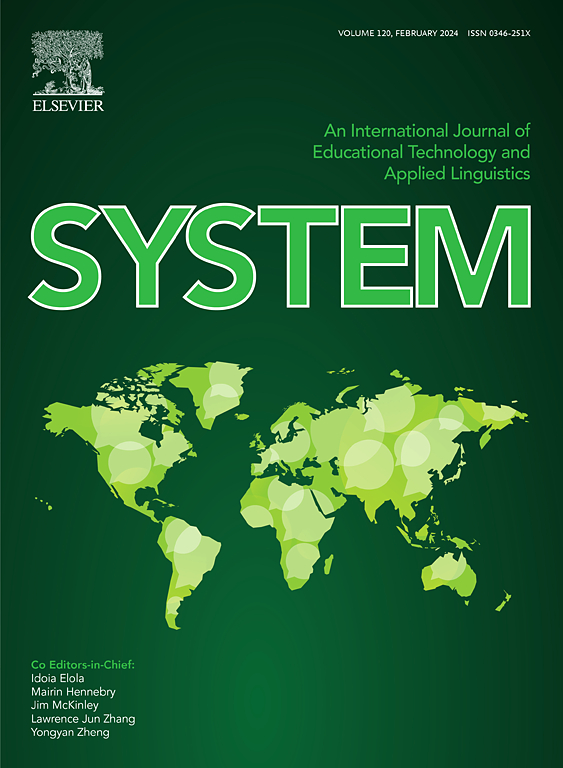Effects of maternal feeding of clofibrate on hepatic fatty acid metabolism in suckling piglet
IF 7
1区 农林科学
Q1 Agricultural and Biological Sciences
引用次数: 0
Abstract
Energy deficiency is a leading cause of the high pre-weaning mortality of neonatal piglets in the swine industry. Thus, optimal energy metabolism is of crucial importance for improving the survivability of neonatal piglets. The effective utilization of milk fat as primary energy is indispensably required. Pregnant sows (n = 27) were randomly assigned into 3 treatments. Each treatment received a standard diet (3,265 kcal ME/kg) supplemented with either 0, 0.25% or 0.5% clofibrate (w/w) from d 107 of gestation to d 7 of lactation. The effects of maternal clofibrate on their milk fatty acid (FA) and performance of the piglets were evaluated. The evaluations were performed via measuring sow productive performance, milk FA composition, and hepatic FA oxidation of the piglets at birth and d 1, 7, 14 and 19 after birth. Maternal supplementation of clofibrate had no effect on reproductive performance of the sows at farrowing and weaning (P > 0.05). However, the mortality at weaning was reduced for piglets from sows with 0.25% of clofibrate, and the average weekly (and daily) gain was higher in piglets from sows that received clofibrate than sows without clofibrate in the first week (P < 0.0001). Maternal clofibrate increased percentage of milk C12:0 and C14:0 FAs but decreased C18:2 and n-6 polyunsaturated FAs. Maternal clofibrate also increased plasma ketone body levels and hepatic FA oxidation measured at the first day of birth, but the increase was not detected in piglets on d 7, 14 or 19. Clofibrate was not detected in milk collected from the clofibrate-treated sows. The percentage of FA oxidation decreased, and the percentage of FA esterification increased with increasing in postnatal age. Supplemental carnitine increased FA oxidation regardless of succinate dehydrogenase inhibition, and the increase had no effect on FA esterification. Maternal supplementation of clofibrate during late gestation and early lactation increases hepatic FA oxidative metabolism at birth and improves growth performance of newborn piglets. Maternal clofibrate transfer to suckling piglets via milk was not detected. Carnitine availability is critical for piglets to maintain a high FA oxidation rate during the suckling period.求助全文
约1分钟内获得全文
求助全文
来源期刊

Journal of Animal Science and Biotechnology
AGRICULTURE, DAIRY & ANIMAL SCIENCE-
CiteScore
9.90
自引率
2.90%
发文量
822
审稿时长
17 weeks
期刊介绍:
Journal of Animal Science and Biotechnology is an open access, peer-reviewed journal that encompasses all aspects of animal science and biotechnology. That includes domestic animal production, animal genetics and breeding, animal reproduction and physiology, animal nutrition and biochemistry, feed processing technology and bioevaluation, animal biotechnology, and meat science.
 求助内容:
求助内容: 应助结果提醒方式:
应助结果提醒方式:


